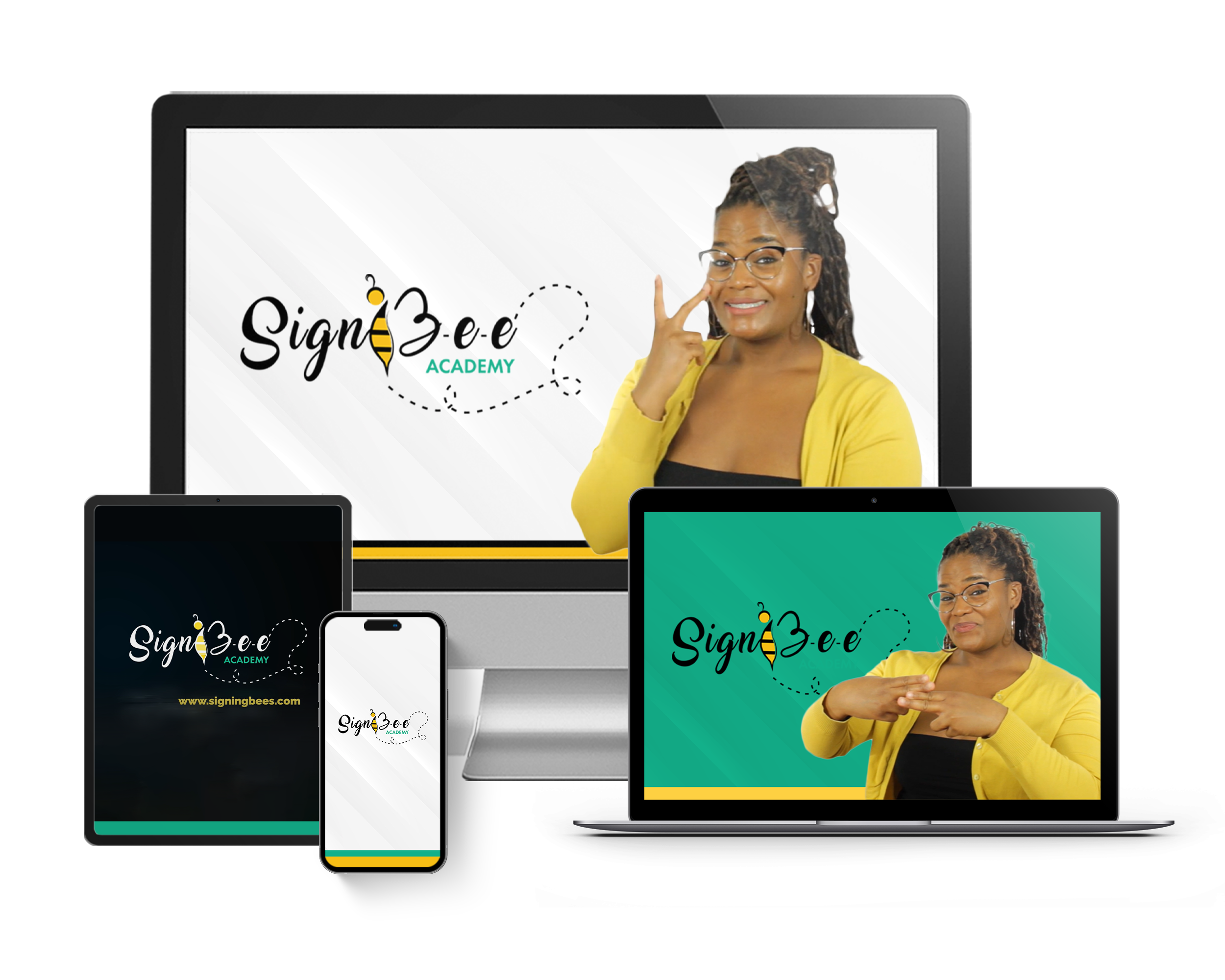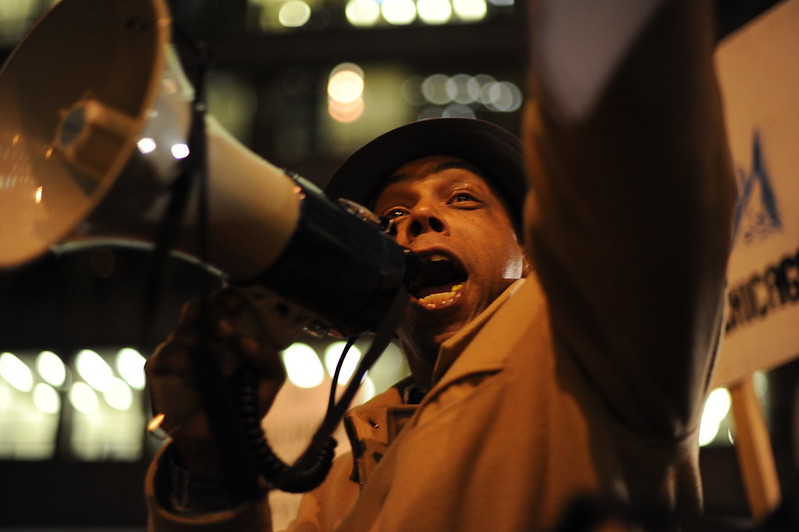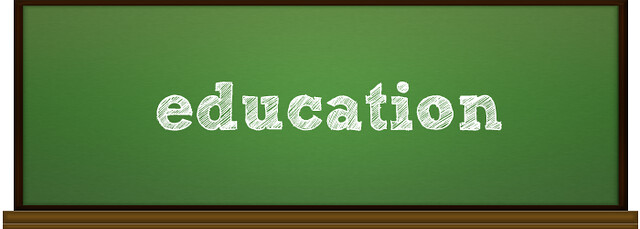It hurts when you aren’t given an opportunity to simply make the best of your life because of the group you belong to. Discrimination is one of the oldest crimes of the human race. For example, Aristotle was quoted to have said, “non-Greeks were made for servitude.”
Deaf people face discrimination and prejudice in various parts of their lives simply because they are different from the hearing population. It follows the same pattern as other forms of discrimination: look at a group, make a derogatory assumption, and apply your theory as fact whenever you deal with such a group.
Deaf people face prejudice that is multifaceted. The discrimination they face comes at them in all aspects of their lives like education, housing, social events, employment, business, and transportation.
Getting a grip on the discrimination deaf people face, and how they cope with it, is the main discourse of this article.
What Discrimination and Prejudice do Deaf Individuals Face?
Image by Lesanta on Openverse
A person can experience discrimination without knowing it which is why it is important to understand what discrimination is.
Discrimination is the unjust or unfair treatment of a person or a group because of certain characteristics they have or possess. Examples of the reasons people are discriminated against include their age, race, country of origin, and, of course, their ability to hear sound.
There are many types of discrimination like direct discrimination where a person or group is unjust to another person or group. A government policy might bear no malice towards a group but the very nature of the policy can exclude a group. This is called indirect discrimination. There is also systemic discrimination where prejudice is embedded in a constitution or policy.
You might not know, but the concept of discriminating against the deaf is called audism. For a behavior or policy to be characterized as audism, it must reinforce a negative stigma targeted at deaf individuals.
One example of audism is refusing to get an interpreter for a deaf person when one is requested. Another is making decisions for them, like placing a phone call because you assume they are ‘unable’ to.
Deaf individuals are also discriminated against when searching for jobs. The interviewer might not want to get an interpreter when one is requested or may lay off a deaf employee because they are considered a ‘weak link.’
There are many other instances where deaf individuals are discriminated against but the main focus of this article is to see how the deaf community handles such situations.
How Deaf Individuals Cope with Discrimination and Prejudice
There are many ways deaf individuals cope with discrimination. After all, almost 3 out of 4 deaf adults receive no help when searching for jobs. There are ways deaf individuals try to handle such situations and improve their quality of life.
Self Advocacy
Sometimes, you need to articulate your needs, and how those needs can be met. This is called self-advocacy and it is one of the most vital means through which deaf people can cope with prejudice.
With self-advocacy, the deaf individual states what their needs are and restates their rights to these needs. They also state the different means by which the needs can be met. For example, a deaf person working in a company might have to advocate for captions during a virtual meeting.
For self-advocacy to work, the deaf individual must have a robust knowledge of rights and communication skills. Remember the aim of self-advocacy is to have your needs met and not to just be ‘heard.’
Deaf people of any age can learn self-advocacy and are usually encouraged to do so by the community. They go through training which can be in person or virtually.
Relying on Supportive Communities
Sometimes discrimination is less damaging when there is a supportive community that doesn’t feed into the prejudice you face. The same opportunity is available to deaf individuals.
Many deaf people are part of deaf circles or groups where they share their experiences. These groups might have advocates or counselors who will help the troubled individual navigate their difficulties. Sometimes, they simply give a listening ear and some encouragement. Whatever the case, the benefits of a community chairing you on, shouldn’t be overlooked.
However, the challenge with relying only on supportive communities is that you might not change your situation and it might need to be combined with other coping mechanisms. Other times, you might be in a community where the deaf population is very small and not organized into a community. In such cases, a supportive family is priceless.
Technology
The permeation of technology throughout the world cannot be ignored. Even those without the internet, in one way or the other have their lives changed by technology. Deaf individuals are one group that has successfully leveraged technology to improve their quality of life.
Technology has become a tool deaf people use to avoid or respond to discrimination. They might use it to communicate with the hearing population and inform them of the effects of their actions. They can also use technology to bypass discrimination entirely.
For example, a deaf person can use speech-to-text software to participate in events that don’t have interpreters or captions. They can also use technology to find directions or gain access to services deaf people are excluded from.
The thing is, technology for the deaf is still evolving and can be expensive. For example, with 2.9 billion people not having access to the internet, technology isn’t accessible or always reliable. However, its contribution has been a crutch that deaf individuals can lean on as they face discrimination.
Resilience
A person who goes to the gym regularly might be able to lift a higher percentage of their body weight under certain conditions when compared to more sedentary individuals. One reason why they can lift more is resilience.
Deaf people face prejudice almost daily and over time they develop a ‘tough skin.’ They remind themselves that they aren’t less in any way simply because they hear less or don’t hear at all. This helps when they face prejudice since it doesn’t make them crumble.
However, the resilience of the deaf shouldn’t be taken for granted by the hearing community. Instead, it should be supported by a more inclusive society.
Final Thoughts
There are many types of prejudice that deaf individuals face daily and most can be avoided with increased awareness and education. Sometimes deaf people are denied education, jobs, or even shelter.
In most cases, they have no option but to face these prejudices, and they do this by self-advocating, relying on supportive communities, using technology, and being resilient to discrimination.
The hearing community shouldn’t leave the deaf community to handle discrimination themselves but should proffer solutions. The first step is to listen and learn their language, one of them being ASL.
Fight against prejudice and discrimination of the deaf by learning ASL. SignBee Academy offers ASL learning materials that can help you.
Thumbnail Photo Credit to: Image by Viewminder on Openverse






